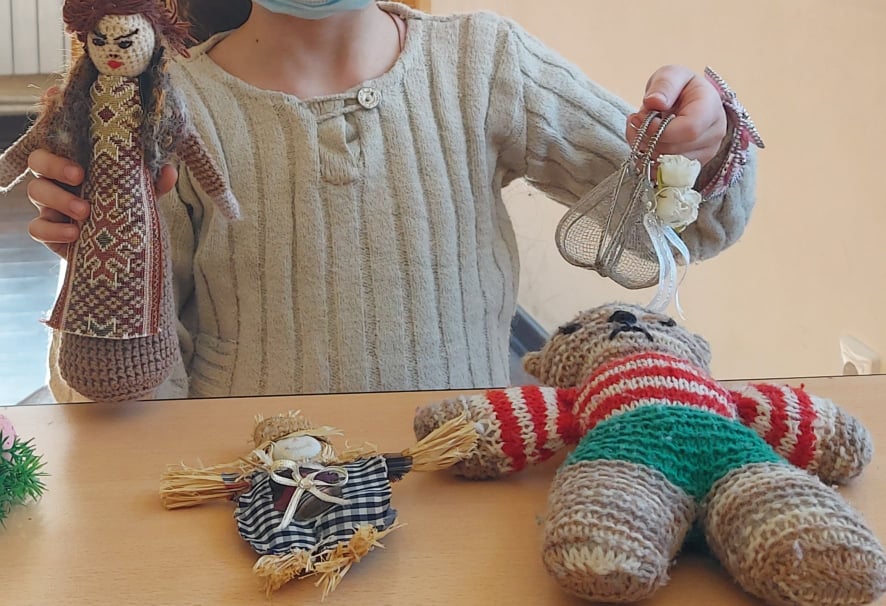By Anna Zurabyan
Poverty is widely believed to be a risk factor for domestic violence. In Armenia, conditions such as poor housing and families in difficult situations are factors that lead to higher rates of domestic violence. According to the Chairperson Sanan Shirinian of the Uganda Human Rights Commission (UHRC), men in low-income families are more likely to batter their partners than those who earn more. Women who live in poverty are more likely to suffer domestic abuse than those in wealthier families.

Shoghik Elbakyan, 42, mother of children aged 6, 7 and 9, said their house was impacted by an earthquake and the conditions have remained devastating. Her husband’s violent behavior became more frequent. He was increasingly mentally unstable and began using drugs. As a former soldier he is disabled and often stays at home. Without work, he his aggressiveness means there is no peace at home anymore. Her husband always finds reasons to beat her and the children. Elbakyan asked the police for help and they moved her and the children to protected accommodation, but the conditions were unbearable, and they left. A consulting lawyer suggested that she change the lock on the door so that her husband could not enter, but this was not a viable solution for mother and children. Although she requested help from relevant organizations in the past she didn’t receive adequate support, and it took a long time for the organizations to respond to her case. Finally, her children are getting care through the Orran Charitable NGO that supports children from socially vulnerable families, letting them spend half their day in the center to take classes in mathematics and arts offered by the organization.
Elbakyan’s daughter, 6-year-old Ella Mukuchyan, said her father is “bad-mannered”: “My parents always argue because of money. I am scared that something bad will happen to my mother.” She said she enjoys life outside her home, but cannot feel safe in her family: “I am glad to attend school and classes at Orran, because I have friends there who make me feel calm and loved.”
PR Officer at Women in Black Armenia Initiative, Arpi Balyan, said the risk for conflict in socially vulnerable families is much higher and impacts the children’s future. The unequal rights between men and women are due to patriarchal values that require women to assume a subordinate role. “This mindset leads to women being treated in ways that deprive them of their rights to a dignified and fulfilling life.” Poverty also leads to poor education, making women less competent and confident. “They are shy, because they think society won’t accept them.” According to Balyan, the role of the state and organizations working with women are extremely important and should enforce equality between women and men.
Organizations dealing with women’s rights in Armenia include the Women’s Resource Center, Sexual Violence Crisis Center, the Center for Violence Against Women, and Society Without Violence. “If women encounter violence, they should apply to law enforcement agencies and women’s rights organizations to help them and end victimization,” Balyan said.
According to the Investigative Committee of Armenia, there were 395 criminal cases of domestic violence recorded in the first half of 2020. The hotlines of the Coalition against Violence Against Women received almost three times as many calls in 2020 as in 2019 (13,924 calls in 2020, and 5,000 in 2019). According to psychologist Ruzanna Hovhannisyan, children from socially vulnerable families suffer the most, affecting them in different ways. If they are introverted, they become even more so, or else aggressive. If they are active they often become introverted,” she said.
Poverty in Armenia remains widespread, yet it’s features vary according to territorial, seasonal, gender, and age differences, as well as on the size of families, their education level, and their financial vulnerability. Poverty is closely related to household composition, especially the number of persons in it. Households with children below seven years old or with three or more children are most exposed to the risks of poverty, yet very poor households have more children than those who are less poor. Finally, although education is considered to be one of the most important human development factors, it is difficult to attain for poorer families.